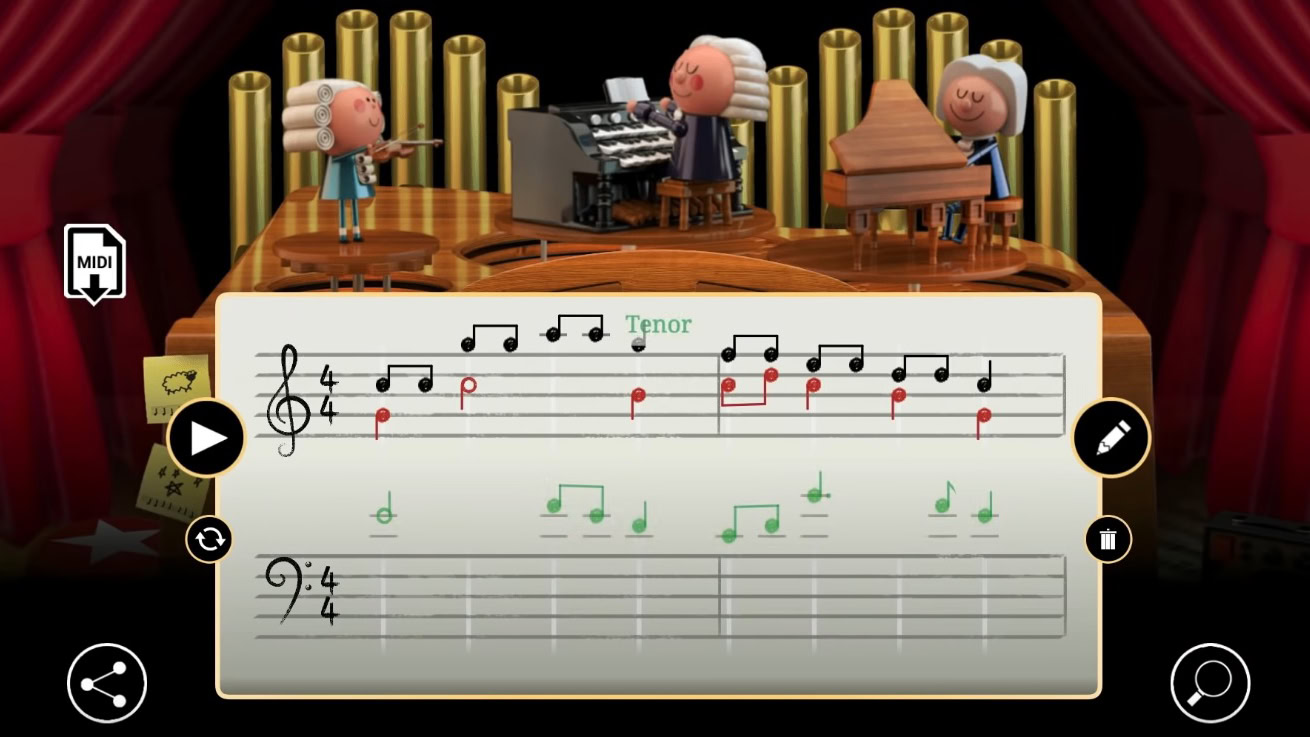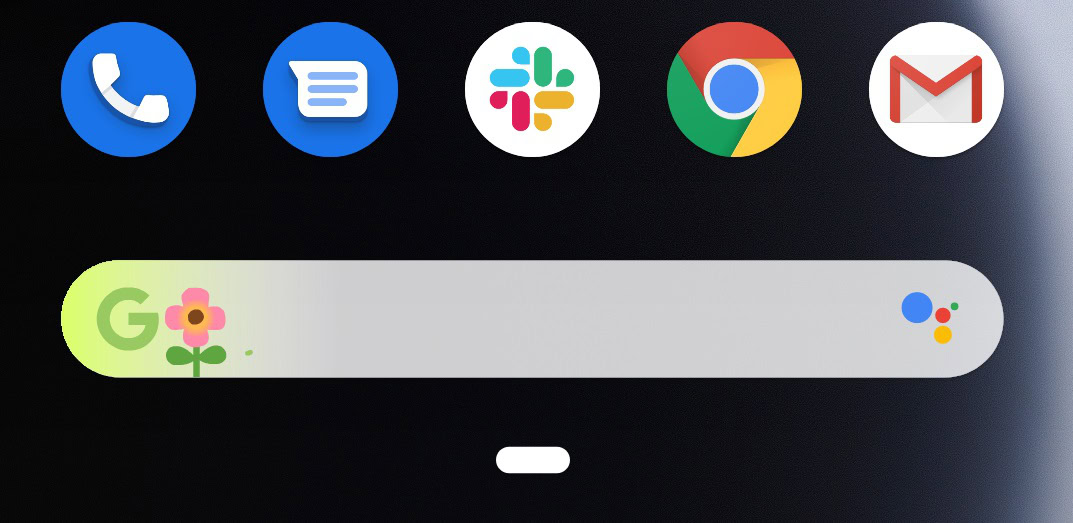Affiliate links on Android Authority may earn us a commission. Learn more.
You can be Bach in tomorrow's first AI-powered Google Doodle

Tomorrow’s Google Doodle will be one for the history books as it will be the very first Doodle to be powered by artificial intelligence.
The Google Doodle will be focused on famed German composer Johann Sebastian Bach, who was born on March 21, 1685 (doing the math, that was 334 years ago!). Using machine learning, you’ll be able to compose a brief musical piece in Bach’s distinct style, complete with multiple harmonies.
Don’t worry, even if you don’t know anything about music composition you can still get in on the fun, as there will be pre-created samples for you to pick from as well.

The Bach Google Doodle was created by three Google teams: the Doodle team (naturally), the Magenta team (which focuses on machine learning and AI when it comes to creating art and music), and the PAIR team (which stands for People + AI Research). The three teams worked to bring all of the elements of a machine-learning music composition program right into your browser.
Check out the behind-the-scenes featurette about the making of the Bach Google Doodle:
To create the program, the Google teams used 306 of Bach’s chorale harmonizations to help teach the program how to craft a melody and then harmonize with that melody. Bach’s chorales always have four voices with their own distinct melodic line, but also always adhere to structural rules which help create the “Bach” sound. This made Bach’s music ideal for machine learning, as the data is already neatly organized.
The Bach Google Doodle will be live throughout most of the world tomorrow, March 21. A large chunk of Africa, all of the Australian continent, and some Asian countries will, unfortunately, be left out (but hey, there’s always VPN access).
NEXT: Google turns 20: The 20 biggest milestones in Google’s history
Thank you for being part of our community. Read our Comment Policy before posting.